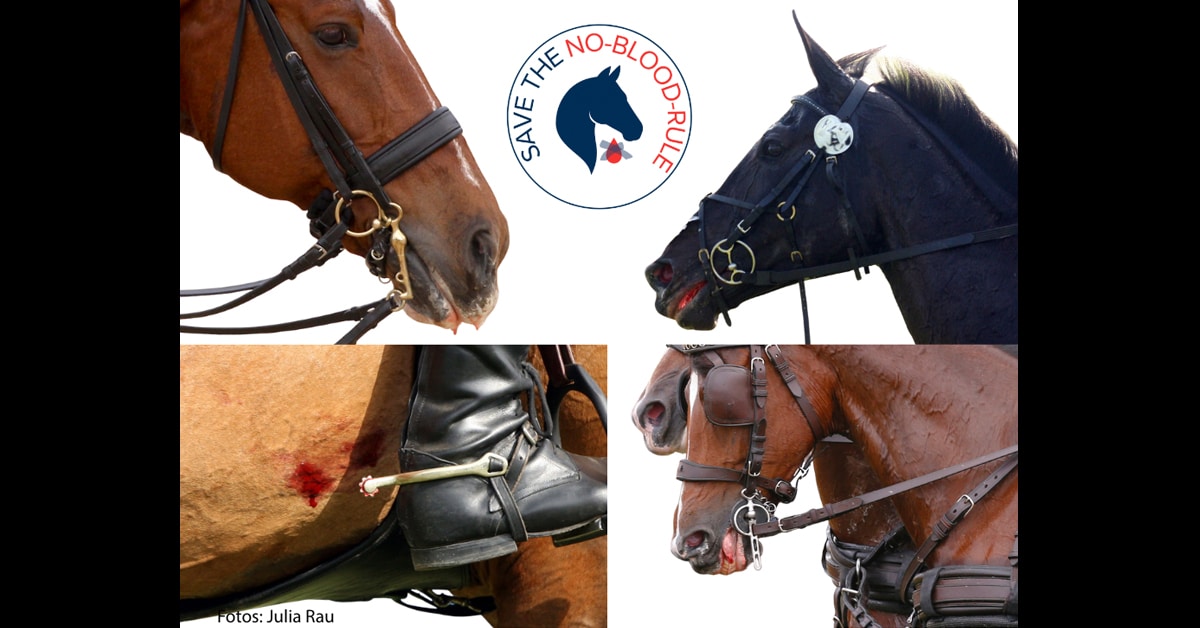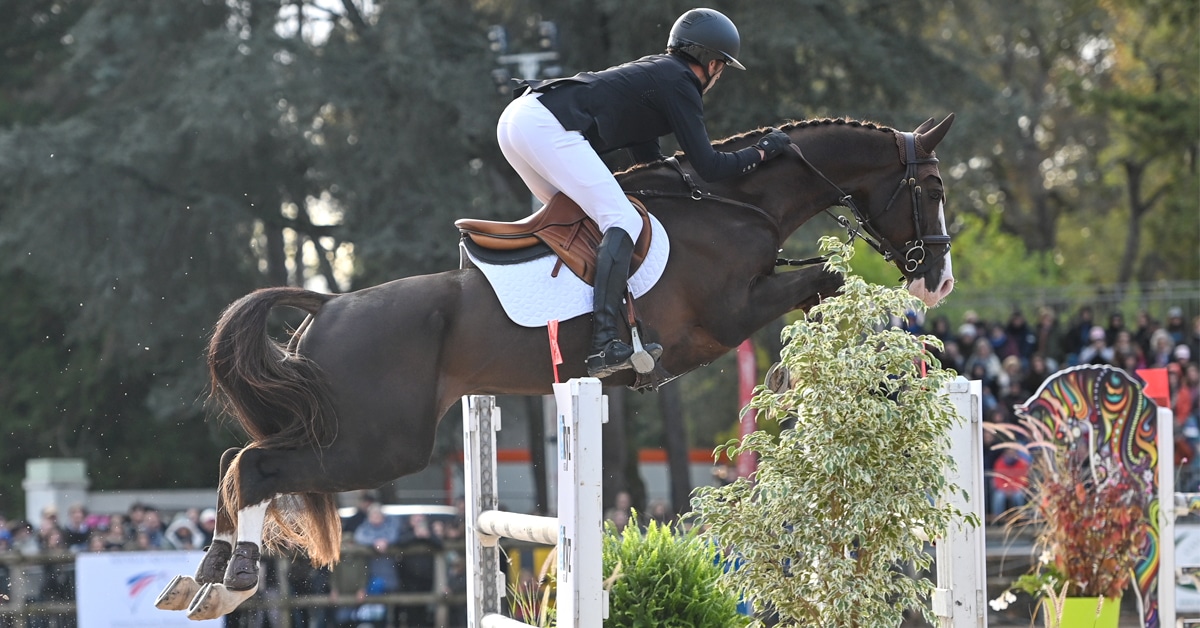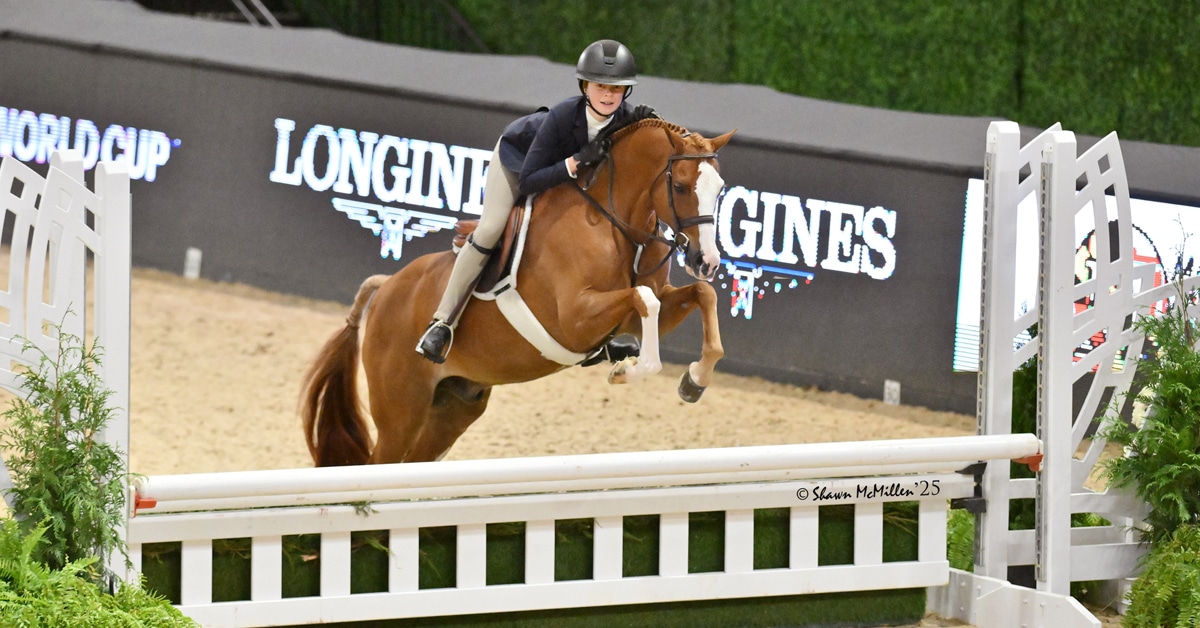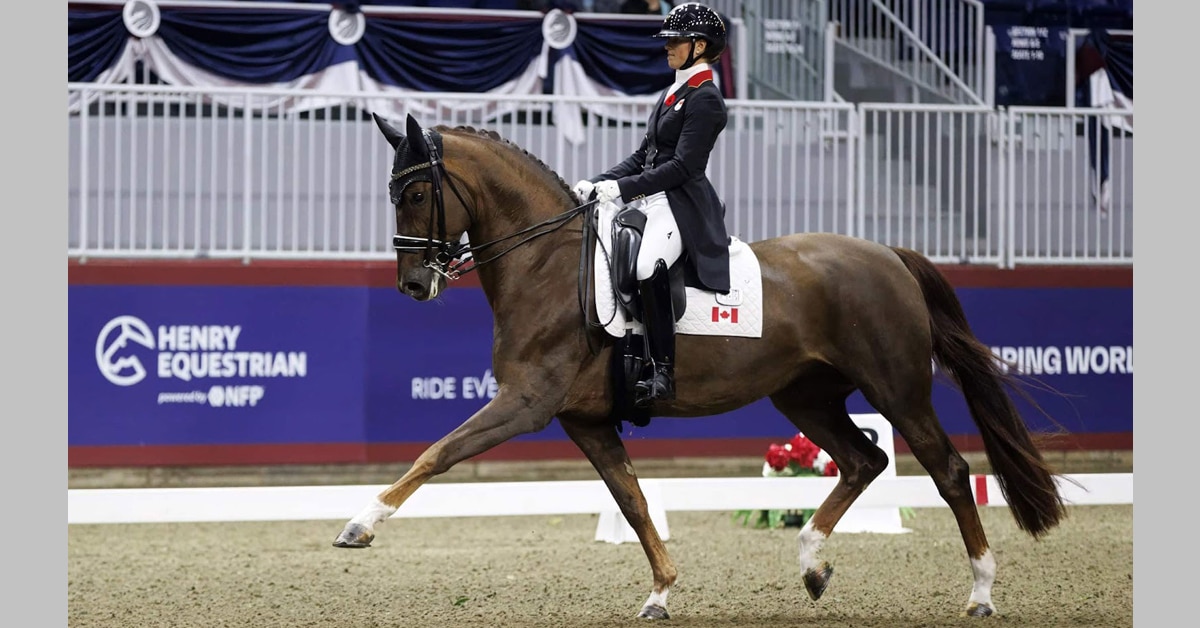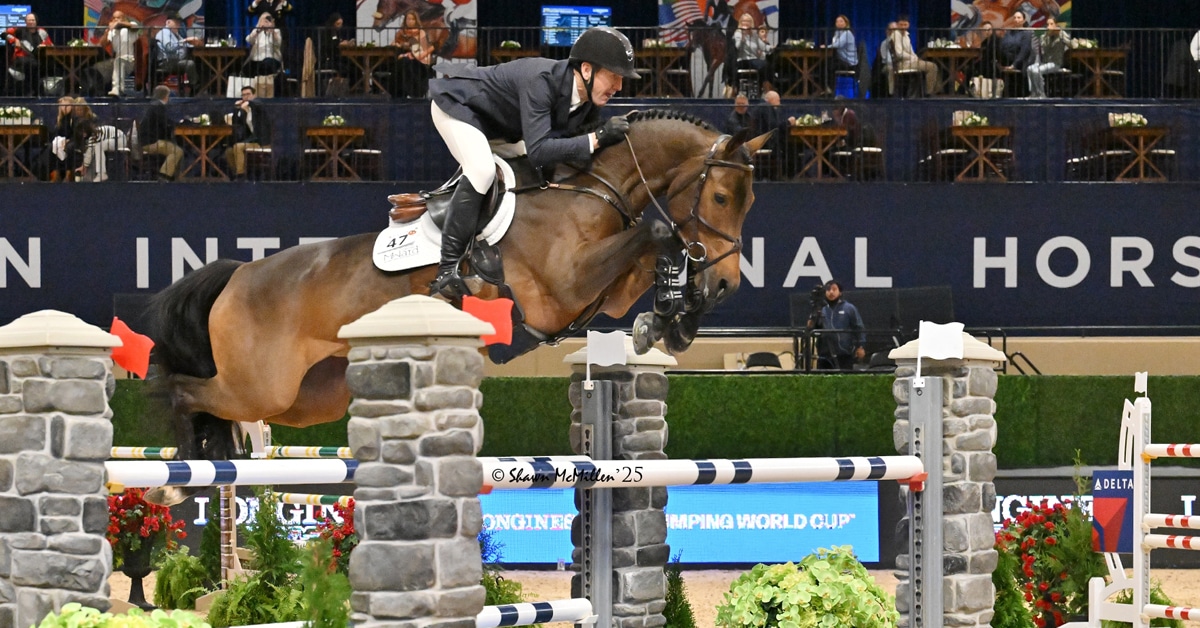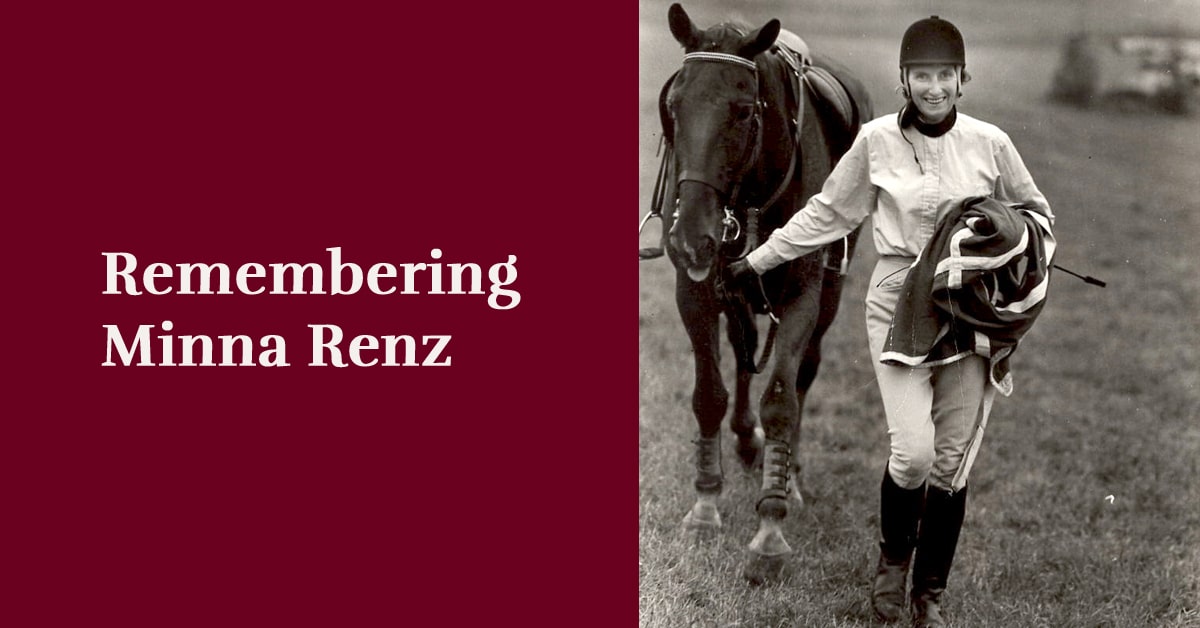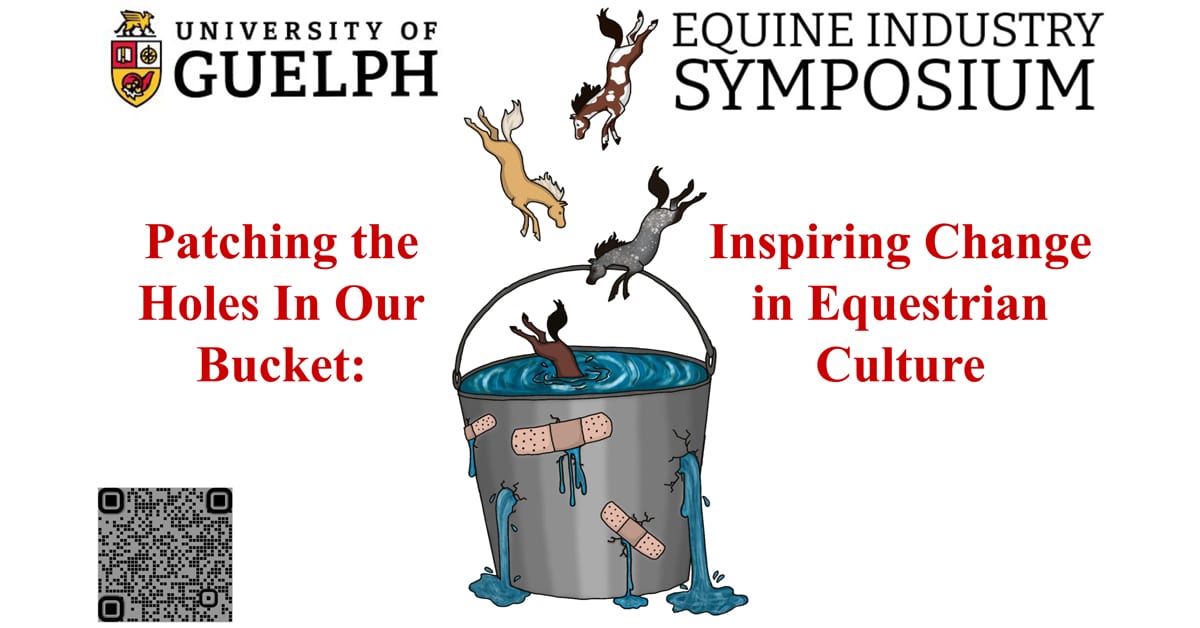World-renowned equine vet Dr. Sue Dyson has been struck off by the UK’s Royal College of Veterinary Surgeons (RCVS) for faking a letter from a UK government inspector to hasten publication of her latest research.
Dr. Dyson was head of clinical orthopedic studies at the Animal Health Trust (AHT) in Newmarket, UK, for 37 years and has led many international research topics in racing and equestrian sports. She qualified in veterinary science from Cambridge in 1980. She continued her studies at the University of Pennsylvania and has regularly returned to the US. She is a former president of the British Equine Veterinary Association and is a Fellow of the RCVS, which is awarded in recognition of outstanding contributions to the veterinary profession.
There is universal shock in the UK horse community, with many on social media questioning why a period of suspension could not have been applied instead. The RCVS Disciplinary Committee said a suspension was not appropriate; it had to protect the reputation of the profession and safeguard public confidence.
It said: “This behaviour risked undermining the Government’s system designed to promote animal welfare and research ethics…..The Committee was satisfied that this fell far below the standard expected of a veterinary surgeon, would be considered deplorable by other members of the profession and the public and clearly amounted to disgraceful conduct.”
In May 2016, Dr. Dyson submitted an application to the AHT’s Clinical Research Ethics Committee to research the effect of overweight riders on equine welfare and performance, which had become a hot topic in the UK. Some research projects must also be licensed by the Home Office, a UK government department, but this study was not referred to a Home Office inspector as there was no experimental element.
The project took longer than expected and was not completed until the fall of 2018. Prior to publication, research must be peer reviewed. In October 2018, Dr. Dyson sent it to Karen Overall, editor of the Journal of Veterinary Behaviour, Clinical Applications and Research. One reviewer, Dr. Matthew Parker at the University of Portsmouth, raised concerns about the lack of a Home Office licence, which he felt was necessary due to the taking of horses’ rectal temperatures. He declined to review it, and Overall sought assurances.
Dr. Dyson initially said there was a former Home Office inspector on the AHT Ethics Committee, which was untrue. Over the next few weeks, AHT colleagues were given to infer Dr. Dyson had a corroborative letter from a “friendly” Home Office inspector – but it emerged she was relying on a short conversation during a social occasion two-and-a-half years earlier with someone whose name she could not recall.
When pressed by Overall, on December 18, 2018 Dr. Dyson emailed a letter from a Dr. JC Butler, stating a licence was not needed. She used the residential address of a former AHT colleague. The Committee said the letter was amateurish in appearance. Overall forwarded this to Dr. Parker, who contacted the Home Office and discovered Dr. Butler did not exist.
Once challenged, Dr. Dyson asked the Home Office to overlook her “moment of madness.” She said: ‘I do not know what drove me to send Dr. JC Butler’s letter. It is a decision that I will eternally regret … I am an inherently honest person and I have questioned this every day.”
She said could not actually remember writing the Butler letter or sending it to Overall. She was exhausted under unprecedented stress at work, having just returned from two conventions in the US, learning that two valued members of her team were leaving, and the ongoing financial problems of the AHT (which eventually closed down last July).
She added, “I can only claim temporary insanity, based on mitigating circumstances, because that is how it seemed….I am fully aware that I acted completely inappropriately. My normal logical, careful, rational, self who works strictly by the rule book, taking no risks, seemed to have temporarily disappeared.
“I realise that what I did could bring the Animal Health Trust and the members of our team into disrepute. The extra pressure that I have felt as a consequence is overwhelming.”
The Home Office lodged a complaint with the RCVS in March 2019.
The Disciplinary Committee received numerous testimonies as to Dr. Dyson’s previous good character from other distinguished vets who had known her for decades and from leading figures in the horse world.
The Committee heard medical evidence — redacted from the published decision — that for a few days Dr. Dyson had suffered a form of amnesia. Her legal counsel emphasised the complete lack of motive, and Dr. Dyson gave evidence to the effect that she had nothing to gain by being dishonest and everything to lose. But the Committee did not accept this, noting the deceit continued long after those few days in which Dr. Dyson suffered a “mental fog.”
“The Committee did not need to decide motive in order to be able to find matters alleged proved … Sometimes it is simply not possible to know why someone has behaved in a way so apparently contrary to their normal self … The Committee noted from the evidence, however, that, notwithstanding her attempts to minimise it, this [rider weight] project was of significant importance and any criticism of it would inevitably have had an impact on her, her team and the AHT.
“If she knew nothing about the sending of the letter then the Committee considered, particularly given the nature of her character, that she would have acted with outrage as well as horror on being informed that she had sent the letter… yet she said she did not even check her emails to see if she had actually sent it, nor did she check her computers to see if she actually composed it: both perfectly rational, reasonable and expected actions to have taken, after all she could have been the victim of some sort of scam or vendetta.”
More News
